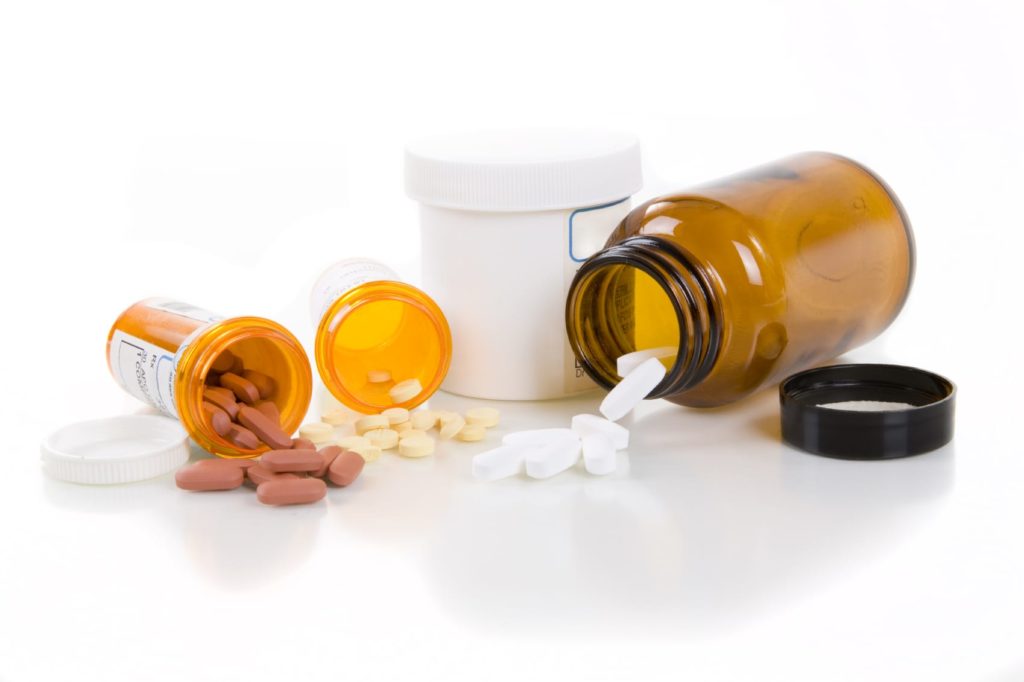Heroin is, in many respects, the classic opioid substance of abuse. Among other risks, users of this powerful drug regularly face the possibility of overwhelming their systems and experiencing a potentially lethal overdose. In a study published in July 2014 in the International Journal of Drug Policy, researchers from Sweden’s Malmo University used a small-scale project to examine how heroin users respond to other users in the midst of a drug overdose. These researchers concluded that, despite generally good intentions, a number of factors can significantly interfere with a heroin user’s ability to help another overdosing user.
Heroin’s Effects
Heroin can be snorted, smoked, injected under the skin, injected into a muscle or injected directly into a vein. Regardless of the method of introduction, the drug quickly converts into another opioid substance called morphine before reaching sites in the body, known as opioid receptors, which provide access to the brain and spinal cord (central nervous system). Like all other opioids, heroin is a central nervous system depressant. This means that, in addition to its euphoria-producing effects in the brain’s pleasure center, the drug slows down the baseline rate of activity between the nerve cells responsible for keeping many of the body’s most essential processes functioning normally. Common indications of this slowdown include reduced breathing rate, reduced vitality in the heart’s pumping capacity, sleepiness and a lack of mental clarity. Heroin use is extremely dangerous, and treatment for heroin addiction should be sought to prevent overdose and other negative effects.
Heroin Overdose
A person unaccustomed to heroin use can easily take too much of the drug and trigger the onset of an opioid overdose. In addition, an experienced heroin user can experience an overdose if he or she takes more than the accustomed amount of the drug or takes an unusually pure form of the drug. All opioid overdoses occur when the influence of the drug or medication in question produces too much of a slowdown inside the central nervous system. This excessive reduction in activity can leave the brain and body with absent or altered forms of some of its most basic instincts, including the instinct to breathe. Unless function is restored through rapid medical intervention, an affected individual can easily die. A medication called naloxone (Narcan, Evzio) is very effective at temporarily halting the effects of a heroin overdose (or any other type of opioid overdose). This medication achieves its effects by blocking access to the body’s opioid receptors. In response to a rising tide of overdose events across the U.S., laws are now in effect in many states that make access to naloxone much easier for nonmedical personnel. In addition, the U.S. Food and Drug Administration has recently approved an automatically injected form of naloxone designed to make the medication accessible to people with no medical background.
Do Heroin Users Help?
In the study published in the International Journal of Drug Policy, the Malmo University researchers used detailed interviews conducted with 35 heroin users to assess how often consumers of the drug render aid to other consumers experiencing an overdose. The researchers also asked the study participants to give reasons they might not be able to provide help even when they have the intention or desire to do so. After completing their interviews, the researchers concluded that the average heroin user expresses a good amount of willingness to render aid to other overdosing users. However, they also concluded that a range of factors can interfere with the translation of this desire into action. These factors include being too intoxicated by heroin to assist another person, not knowing how to tell if someone is truly in need of assistance, not knowing if the person experiencing an overdose would welcome aid, not wanting to interfere with another user’s heroin-intoxicated state, not knowing why an overdose is occurring and not wanting to get involved with the police after rendering aid. The study’s authors concluded that several steps can likely be undertaken to overcome any resistance or hesitation that a heroin user experiences when contemplating whether to help someone in an overdose situation. For example, simpler methods of naloxone administration may make it easier for “high” users to render aid. Improved communication between users may help ease any worries about misunderstandings or conflicting motives. In addition, removal of immediate legal consequences may make it more likely that a person currently under the influence of heroin will stay to render aid in a situation where an encounter with police may occur.






